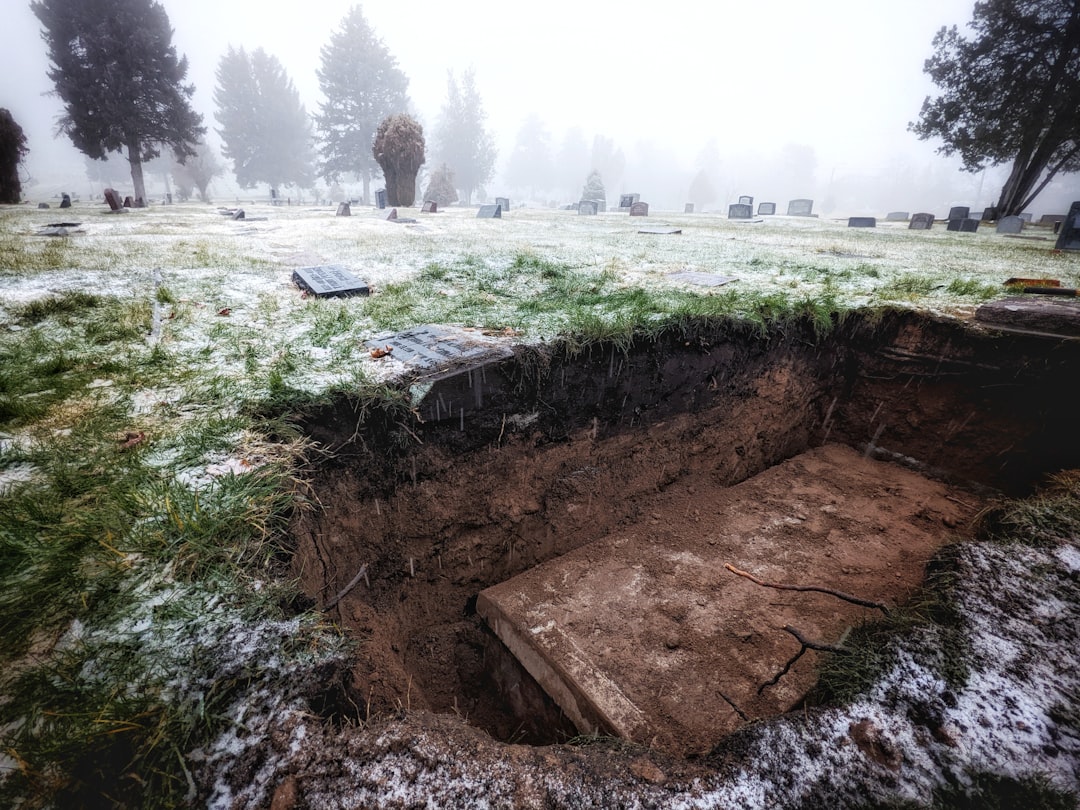Hello darkness, my old friend..
Death is not to be feared or welcomed. The sun will set regardless of our worries.

To die: to sleep;
No more; and by a sleep to say we end
The heart-ache and the thousand natural shocks
That flesh is heir to, 'tis a consummation
Devoutly to be wish'd. To die, to sleep;
To sleep: perchance to dream: ay, there's the rub;
For in that sleep of death what dreams may come
When we have shuffled off this mortal coil,
– William Shakespeare, Hamlet, Act III, Scene I
It seems I've been oblivious to the captain's announcement that the flight of my existence is on its final descent. Yet, after encountering unexpected turbulence that jolted my awareness, the signs have become unmistakable. The cabin of my days grows increasingly vacant, and the once attentive stewards of my life now greet me with indifference.
The longer I sit in my seat, the more cramped it becomes, and the more I look forward to the opportunity to leave it at some point in the future. What then?
Fear of death
That is the rub because, as Shakespeare noted, no one knows, but everyone speculates. Will I have 72 virgins awaiting me, a set of up or down escalators, reincarnation as a dung beetle, or something I cannot even imagine? Who knows, and one religion’s promises are as plausible as any others, regardless of the number of its believers.
This is what drives the fear of death, the unknowable nature of it. It is one thing to cross a bridge when you can see the far side and another when you cannot.
But why does it matter? There is really only one of two possibilities. There is either some state where my conscience continues in some form, or there is nothing. The light switch is turned off, and “I” cease to exist. There is no pain and nothing to fear because there is no “me” there to feel these things. There is no punishment because there is nothing to punish. Elvis has left the building.
Why, then, fear death? I will either feel nothing and be nothing, or I will be off on another adventure.
Living a good life
It is the nature of that unknown adventure, the thought that there is something, whatever it may be, that is at the heart of Pascal’s wager. By Pascal’s thinking, it is better to live as if God(s) exist and that their dictates matter. If you are wrong, you have lived a good life and have lost only the opportunity to live a selfish life for the infinitesimal instant that you existed. If a God does exist, then you stand to gain an eternity of all that is promised for living that good life.
To waste your life debating this question is to waste your life, period. The most precious gift you have in life is time, of which you have a finite and unknown number of days. What you do with those days defines your life. You can either waste them with reckless and self-indulgent behavior, or you can try to leave a legacy of having made the world a better place and live on in history or people’s memories.
You cannot outrun fate. Exercise prudence and live a healthy life, but to spend your days pursuing fitness and supplements in the hope of staving off the inevitable is futile and a waste of the time you have. Countless people have died of heart attacks while jogging, fallen off cliffs while hiking, or suffered the fatal consequences of modern “healthcare”. What, then, is their epitaph? Here lies Morty, the fittest corpse in the graveyard…
Instead, you can strive to live a good (virtuous) life for the benefit of yourself and those you care about. The reward for living such a life accrues while you are living it, not in some unknown and unknowable future. If you get a bonus prize in the afterlife for your efforts, great! If not, you’ve lost nothing in the journey.


